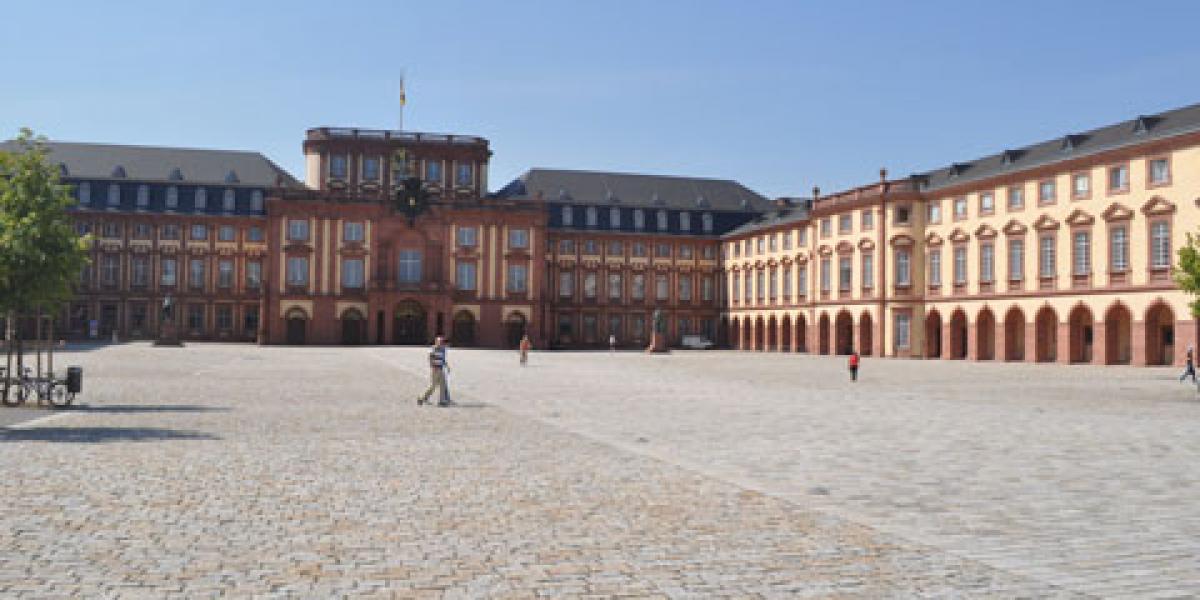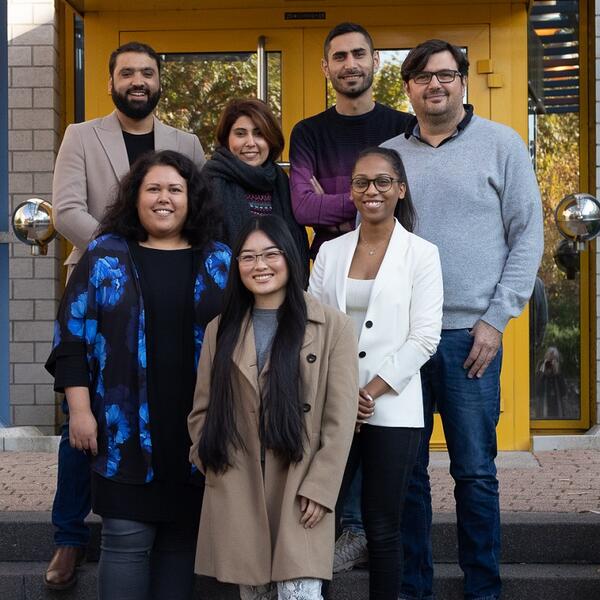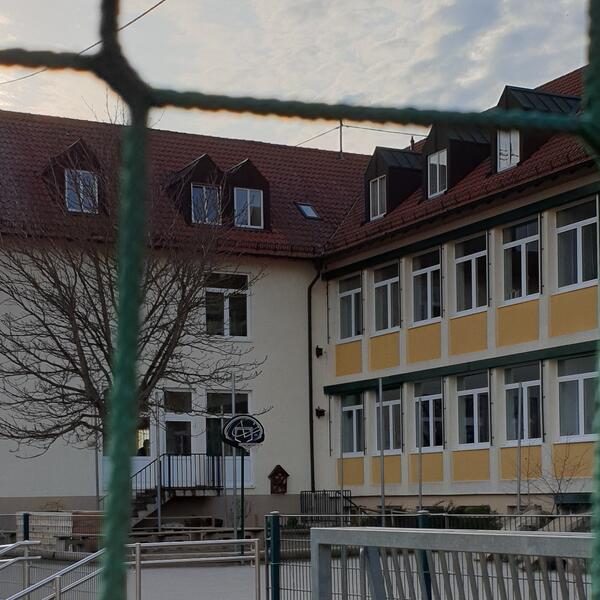alvivi ist das Info-Portal für Flüchtlinge, Migranten und Helfer.

German for university
Most courses of study (i.e. Bachelor, state examination or diploma) require good German language skills with at least language level C1. Only very few Bachelor degree programmes are offered in English. In order to prove your language proficiency, you have to take a test (for example DSH or DaF). Further study programmes (Master's or doctoral programmes), on the other hand, are often offered in English, but as a rule a language certificate must also be provided here.
To reach this level, you must have attended an integration course that includes a language course. The integration course concludes with the B1 level. In order to reach the required level C1, an advanced course is necessary. These are offered by language schools, adult education centres (Volkshochschulen) or the Goethe Institute. However, they are usually associated with high costs.
It is possible to inquire about the financing of a language course at the Job Centre within the framework of the professional qualification, but this cannot be guaranteed. Another possibility for recognised beneficiaries of protection is funding through the federal program "Bildungsberatung Garantiefonds Hochschule".
In general, a consultation at the university or university of applied sciences is recommended, as the requirements can vary from university to university. Often there are also language courses for immigrants which take place before the start of studies and are offered by the university itself (e.g. University of Mannheim). A consultation can quickly clarify open questions.
The "Internationales Studienkolleg" at the University of Applied Sciences in Kaiserslautern offers refugees a German Intensive Course (DIK). The target group of the DIK are refugees with university entrance qualifications who are interested in studying.


